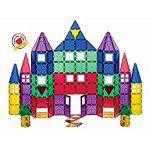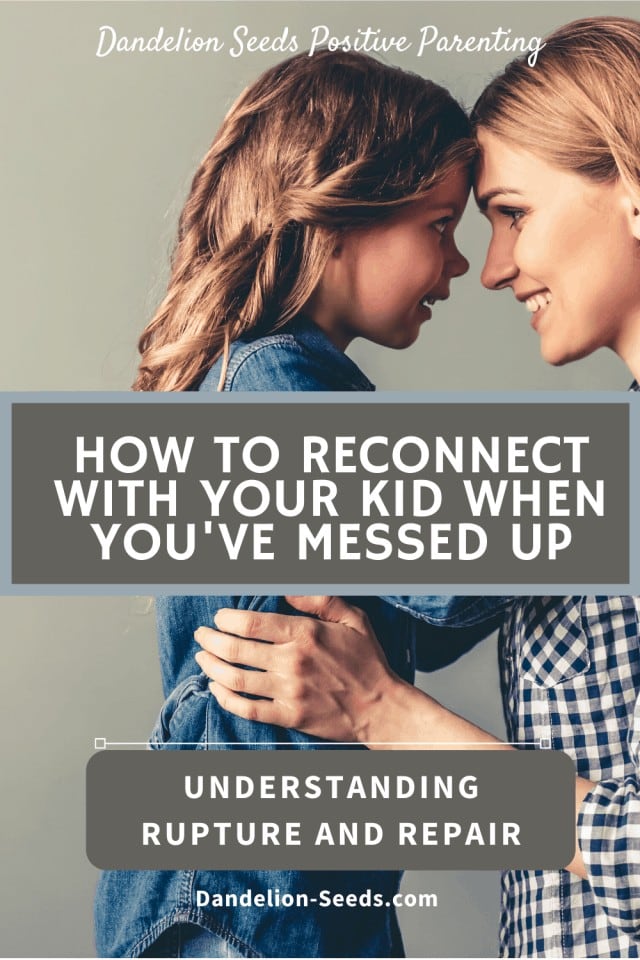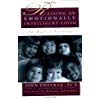
Sign in
Don't have an account with us? Sign up using the form below and get some free bonuses!

We all make mistakes as parents. And while we know that’s true, it feels absolutely awful when we make them—especially when we see the effects linger in the hearts of our little ones after the initial storm has passed. A mistake that causes an emotional hurt, in attachment theory terms, is called a rupture. Ruptures are exactly what they sound like: breaks. In this case, they temporarily damage relationships. Fortunately, they have a counterpart called repair. If repair is completed successfully, the relationship can grow and strengthen despite and even, perhaps, because of the rupture.
Still, when ruptures happen, they can feel confusing to children. Some children will wonder, "My big person is mad. Maybe they won't love me anymore." (Perceived permanence.) Or "My big person isn't acting normal today. Maybe it's because I'm not worthy of their love or attention." (False belief with internalizing.) Of course,

we still love our kids and we know that no experience, regardless who caused the rupture, can make a child unworthy of love.
I'll share an example of how the rupture and repair cycle worked in my own home one day. I’d woken up with a headache. By the time my child and I finally made it to the kitchen (after she'd needed to do 55 different things before we even left her bedroom), I was hungry and had a headache. The night before, I’d promised her homemade pancakes in the morning, so I started feeling anxious to boot. I knew I’d either get hungrier and more anxious before they were ready--or have to disappoint her with a broken promise. I’ll spare you the rest of the details, but suffice it to say that my tone and attitude were not typical for me. I was incredibly grouchy. Think Momzilla. Indeed, not flattering.
In short, I scared her because my demeanor was not what she'd come to expect. Emotional predictability helps children feel safe, and I'd failed to provide that to her that morning. That was the rupture. Although I didn’t yell or do anything that most people would find “scary,” my snippy and critical behavior had the same effect on her. In her words, through her sobs, she told me, “Mommy, you’re just…not being kind.”
My heart sank. I took a moment alone in the other room so I could regroup a bit. When I returned, I apologized sincerely, admitted the specifics of my wrongdoing, and asked if we could please have a do-over when she felt ready for it. I told her how much I love her and how she deserves kindness; it was wrong of me to take out my frustrations on her through my tone and general unkindness. This was the first part of my repair.

Knowing that, I made a conscious effort to connect with my child more than five times that day. Some days, however, it takes a bit of extra effort beyond the minimum of five positive, counteracting behaviors.

We made it through the rest of the day together. Kind of. We were both a little off. Still, we played in the sun; we read stories on the couch. All our normal activities with a little bit of extra attention and love.
When bedtime finally came, she said what my heart had been holding onto all day: “Mommy, I’m still a bit sad about this morning. My heart isn’t all better yet.”
I realized it might help her to understand what was going on with us; to know her sad feeling was normal for a situation like this one. The repair needed to continue beyond the "standard" acceptable amount because the rupture had felt greater to her than a typical gaffe. At this point, it would be more important for me to listen than to "solve." Talk therapy is powerful and healing even for kids.
With that in mind, I responded to her, “I hear you saying that you’re still upset about what happened earlier. I understand. I love you. Thank you for trusting me with your heart. What else would you like me to know?”
“Nothing, Mama. That’s all.” She'd said her piece. More importantly, she knew that I'd listened and had been open to whatever she might've needed to add.
Knowing she was now emotionally ready to (briefly) listen then, I responded, “I hear you, sweet girl. Thank you. I want you to know that all families and people who love each other sometimes run into emotional speed

bumps. You know how sometimes when we’re driving, we need to slow down and go over a bump that feels really big, but once we’re over it, we’re just fine? And that we’re still on the same road we were before? That’s what happened to our feelings today. An emotional speed bump. This feels hard, and it is. But we’re strong enough to make it over bumps like this one. We always do. And when we do, we’ll be even stronger together because these emotional speed bumps teach us what works and doesn’t work for our relationship--and for the relationships we have with other people. We know more now than we did before today happened.”
“That makes sense, mama.”
We snuggled. I could finally feel her relax into me. Eventually, she fell asleep.
Days like this are hard. And they’re completely normal in family relationships (as long as it doesn’t happen too often).
The next day, our road continued much more smoothly. We were stronger for our resolution. My takeaway as a parent was to be more conscious of how my feelings manifest and how she'll perceive them. Further, once I made amends, part of my work in our relationship was to forgive myself. We love each other well, bumps and all.
Even in the healthiest of families, relationships aren't always easy. Therefore, it's all the more important that we give our children the tools they need to navigate them well.
Follow us on Facebook, Pinterest, Instagram, and Mix. Learn more about us here.